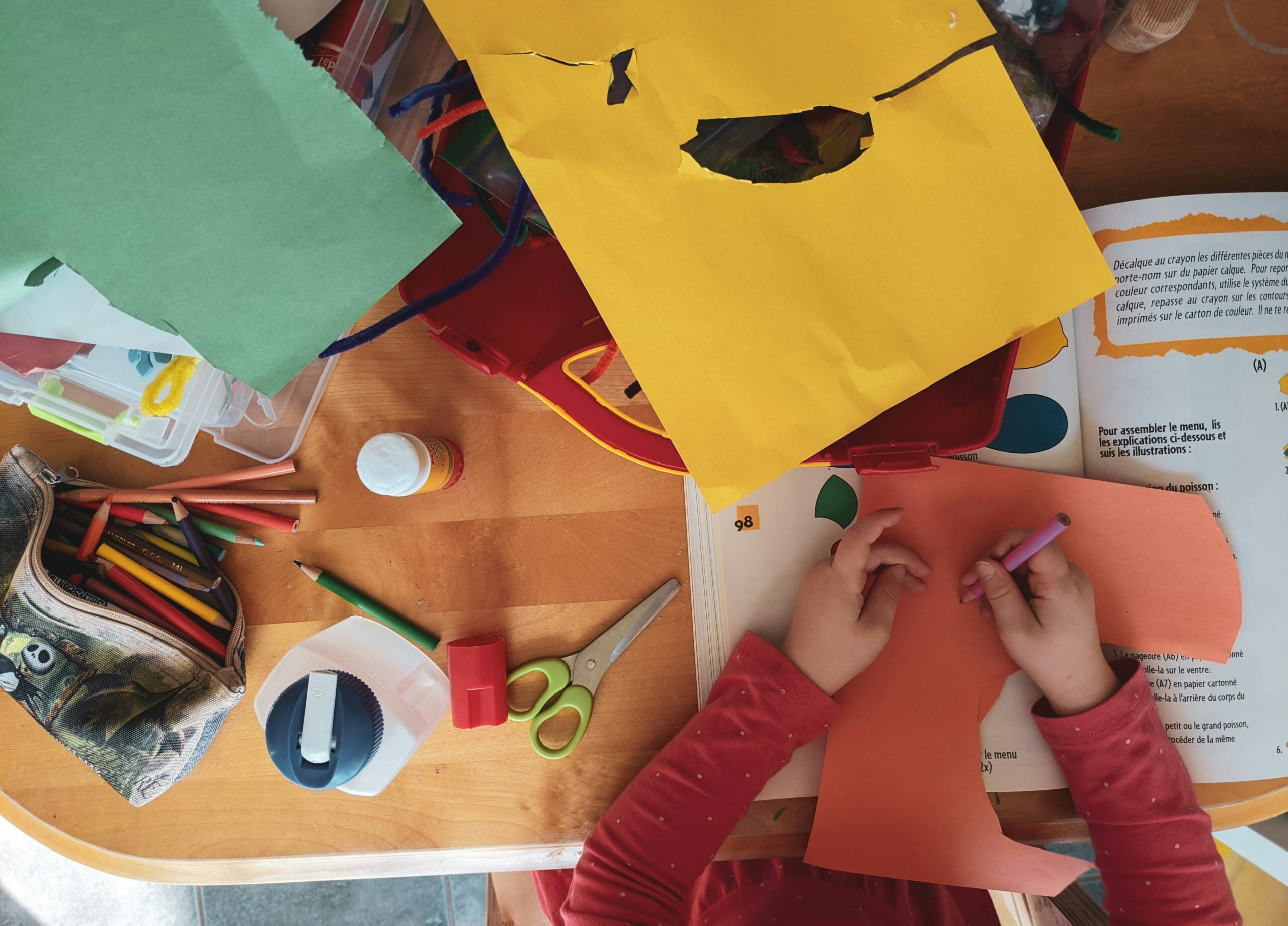Soft skills are essential for success in school, the workplace, and life in general. While academic knowledge and technical abilities (often called "hard skills") are crucial, soft skills like communication, teamwork, adaptability, and problem-solving play an equally important role.
Educators, tutors, and parents can help students develop these critical skills early on, ensuring they are well-prepared for future challenges. Let’s explore why soft skills matter, how they apply to high school students, and strategies for teaching them effectively.
What Are Soft Skills and Why Are They Important?
Soft skills, often referred to as people skills or emotional intelligence, refer to a person’s ability to interact effectively with others. Unlike hard skills, which are easily measurable (such as mathematics proficiency or coding ability), soft skills involve behavioural and social competencies that influence how individuals work and communicate.
Why Soft Skills Matter
Soft skills are essential because they:
- Improve communication and teamwork – Collaboration is key in school, university, and professional settings.
- Enhance adaptability – The ability to adjust to new environments and challenges is crucial for personal and academic growth.
- Increase employability – Employers highly value candidates who can work well in teams, lead projects, and solve problems.
- Boost confidence and leadership – Having strong interpersonal skills helps students become more assertive and comfortable in leadership roles.
A strong grasp of soft skills allows students to navigate relationships, resolve conflicts, and succeed in their academic and professional journeys.
How Are Soft Skills Relevant to High School Students?
Developing soft skills isn’t just beneficial for the workplace—it significantly impacts students’ academic success and overall well-being.
1. Navigating Social Interactions at School
High school is full of interactions, from group projects to resolving conflicts in friendships. Knowing how to communicate calmly, listen actively, and express thoughts clearly is essential.
2. Preparing for Part-Time Jobs and Future Careers
Many high school students apply for part-time jobs. Strong interpersonal and teamwork skills can help them secure and excel in their roles.
3. Succeeding in University and Beyond
University environments are often self-directed, meaning students must independently manage workloads, handle group assignments, and engage in discussions. Soft skills help students transition smoothly to this new level of responsibility.
4. Improving Problem-Solving and Leadership Skills
Whether it’s leading a school project, handling a disagreement with a teacher, or preparing for future leadership positions, students benefit from early exposure to leadership and problem-solving exercises.
Which Soft Skills Should Students Learn?
It’s important to recognise that soft skills exist on a spectrum—students may excel in some areas while needing improvement in others. Here are some of the most crucial soft skills students should develop:
1. Adaptability & Quick Learning
- Can the student adjust to new challenges and problem-solve when things don’t go as planned?
- Are they open to feedback and willing to learn from mistakes?
2. Leadership & Initiative
- Leadership is not just about holding a title—it’s about taking responsibility in group settings and helping guide peers.
- Can the student confidently step up when necessary?
3. Critical Thinking & Problem-Solving
- Are they able to think beyond memorisation and apply knowledge creatively?
- Do they challenge ideas and seek alternative solutions to problems?
4. Patience & Emotional Regulation
- Can the student handle frustration and setbacks without giving up?
- Are they able to stay calm in high-pressure situations?
5. Communication & Collaboration
- Can they articulate thoughts clearly and listen actively in discussions?
- Are they comfortable expressing ideas in group settings and engaging in teamwork?
How to Teach Soft Skills to Students
1. Use Role-Playing and Real-World Scenarios
Encourage students to participate in role-playing exercises where they must navigate challenges, such as resolving conflicts, presenting ideas, or making decisions under pressure.
2. Encourage Group Work & Peer Learning
Collaboration is one of the best ways to build communication and teamwork skills. Assign group projects where students must divide tasks, communicate effectively, and problem-solve together.
3. Provide Constructive Feedback
Instead of focusing solely on grades or results, give students feedback on their interpersonal skills, leadership potential, and adaptability. This helps them understand the importance of self-improvement beyond academics.
4. Promote Public Speaking & Presentations
Encouraging students to present ideas in front of a class or group enhances their ability to communicate effectively, boosts confidence, and prepares them for real-world scenarios like job interviews and team meetings.
5. Introduce Leadership Opportunities
Allow students to take on leadership roles, such as mentoring younger students, leading a school event, or organising a study group.
Final Thoughts: The Value of Soft Skills for Students
Soft skills are not just an optional addition to a student’s education—they are essential life skills that can shape their academic and professional future. Developing communication, leadership, adaptability, and critical thinking prepares students for real-world challenges and helps them thrive in university, work, and personal relationships.
By integrating soft skill development into learning, educators and tutors empower students to reach their full potential in all aspects of life.




